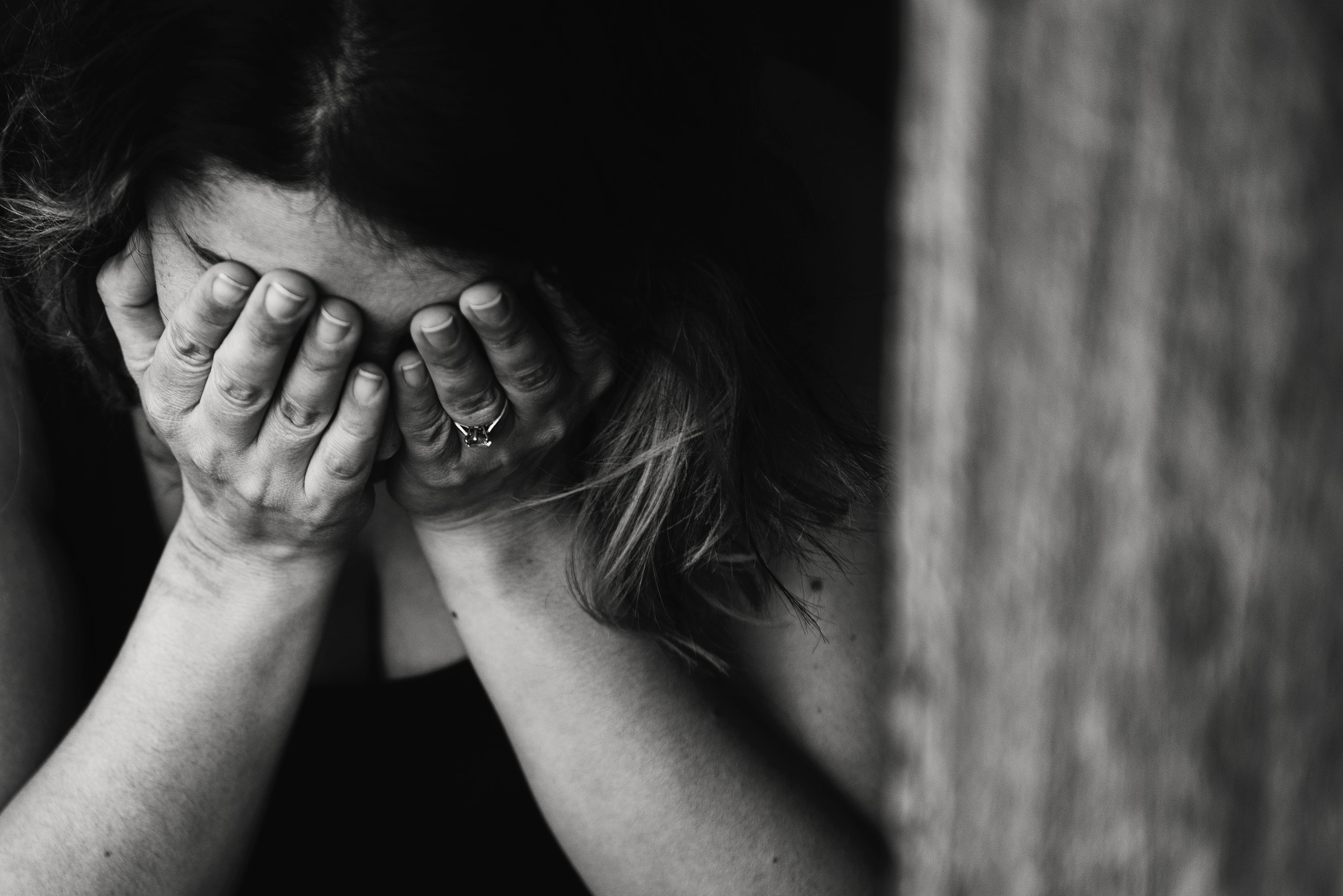Trigger Warning: Suicide attempt.
Battling depression is tough. I’ve had depression since childhood. I thought my depressive feelings would fade eventually, but I was mistaken. Unfortunately, my actions only made things worse. I attempted suicide several times because I had lost all hope in life. I avoided talking to a therapist and taking medications while listening to others who had never experienced what I was going through. Finally, I decided to think for myself to speak to a therapist, begin taking medication, and develop efficient coping tools to cope with my depression.
Here are 5 brilliant ways to cope with depression
1. Talk to a therapist or join group therapy

Therapy is beneficial for depression. However, therapists hear your problems and offer you coping skills and other resources. Group therapy might be another option. You can learn about coping tactics that other people are currently going through. Therapists provide skills to guide you, and group therapy enables you to recognize that you are not alone. Find a therapist, contact your health insurance provider, or check out this link to see if they accept your insurance.
2. Foods to help with depression

Worse diet patterns could signal the need to change to healthier living habits. For example, the kinds of food you eat (a poor diet) cause hormone imbalances, intestinal issues, and suicidal thoughts. Instead, consuming more fruits, vegetables, nuts, seeds, probiotics, and legumes keeps our brains healthy. To better your health, seek the advice of a registered dietitian.
3. Schedule time for yourself

Scheduling time for yourself should always be your priority. Once you have time for yourself, you’re improving your mental health, getting things done on your own time, taking a vacation, and just exploring new things that will also help decrease your depression. It’s always great to get out of the environment you are currently in and explore. If you need self-care hobbies and tips, Click here for my other blog post.
4. Get your body moving

Moving your body is another great way to cope with depression. It can be hard at first because you’ve been depressed for a while, and getting up can be challenging due to body aches when you’re not moving. Just start by going outside and walking for 5 mins or stretching. Once you start moving your body again, you can increase from 5 to 10 minutes daily.
5. Medications to help with depression

Many people avoid taking prescription medications because they are afraid of the horror stories they hear, yet medication can help you get through it. If nothing else is working, speak to your doctor about prescription medications or other alternatives.
Growing up with depression, I tried going the natural route; I started taking herbs like Passionflower, Damiana, St. John Wort, you name it, and I also changed my diet to plant-based, and nothing worked for me. However, I’m not saying the natural way won’t work for you because it didn’t work for me, so try whatever works.
Depression can be tough to overcome, and it can be challenging to escape, but there are strategies to cope and achieve. Even though I was not too fond of it, I had to push myself to get up and move every day to care for my family, and they needed me as much as I needed them. It was difficult, but I kept trying to get better as the days went by, and I constantly felt horrible because I would promise to do something and never follow through. Finally, I made an appointment with my doctor; she recommended a therapist and medication for me.
You’re not alone, and I know what you’re going through but don’t give up. Do not let that keep you down; you’re going to have your days, and that’s okay. Take it one day at a time. Let me know in the comments what helps you cope and keeps you going. Stay positive.

